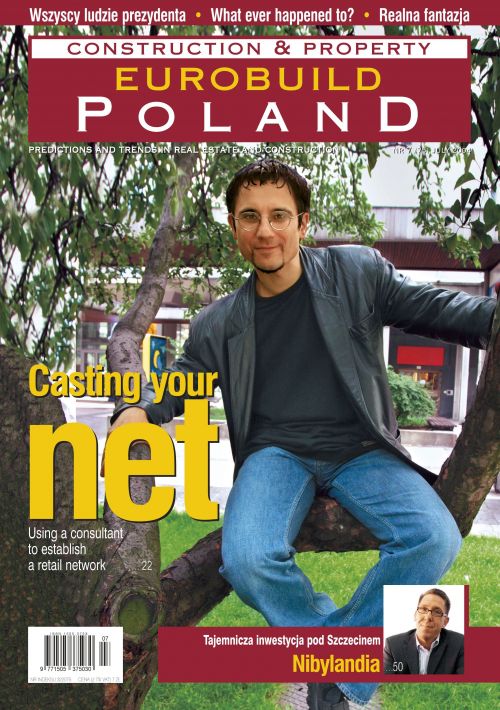It is no secret that there are only three key rules in property investment: location, location and location. Thomas Löffler, managing director of Geni Polska, who evaluates the attractiveness of locations for development as shopping centres and retail parks, agrees with this statement, but not entirely. He believes, "There are two kinds of location: those with potential, and those without. The success of a developer's project depends, by between 70 and 80 percent, on its location, the remainder on other factors. Even the positive features of the best site can be squandered by putting up the wrong type of outlet." And he guarantees that, by employing his company's services, such risks can be minimised.
Database
Geni uses an impressive looking database of information about consumers in Poland that has been painstakingly processed from data acquired from the Central Office of Statistics, Ministry of Internal Affairs and Administration, commune authorities,




























































